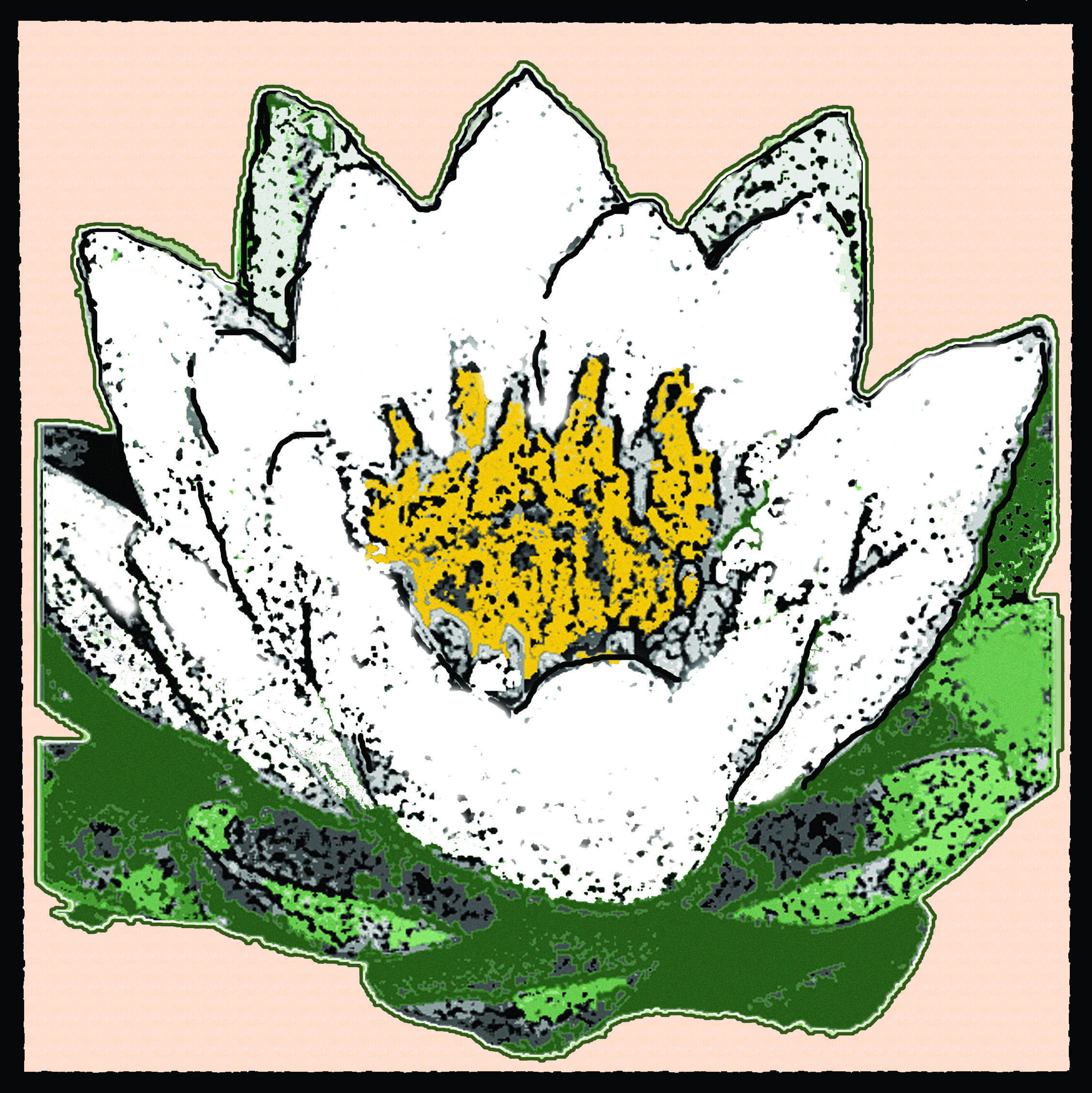|
Diagnoses
Anxiety
According to the National Institute of Mental Health, approximately 18.1% of
adults, age 18 years or older and 25.1% of children ages 13 to 18 years suffer
some sort of anxiety disorder. (see anxiety statistics at NIMH for more detailed information on the prevalence of anxiety
disorders).
From specific phobias, like claustrophobia, to Post Traumatic Stress Disorder (PTSD)
to Generalized Anxiety Disorder (GAD), there are many types of anxiety, but
generally, anxiety is the debilitating fear of something, someone or some
situation which causes you great harm or suffering. The following are typical
symptoms of anxiety:
-
Body aches
and pains
-
Body trembling
-
Difficulty sleeping
-
Dizziness
-
Feeling afraid to leave the
house
-
Feeling angry or irritable
-
Feeling “keyed up” or “on edge”
-
Fear of losing control,
impending doom, or dieing
-
Feeling nervous around people
|
|
|
|
|
There are many treatments that can alleviate
symptoms of anxiety. Desensitizing therapy and Cognitive
Behavioral Therapy (CBT) are only two such treatments. Other
treatments could include exercise, meditation, and psychiatric
medication. Together, we can discover which treatments will help
you the most and begin to get your anxiety under control. Click
this link for more information about
anxiety.
Bipolar Disorders
Bipolar I Disorder is a diagnosis which
encompasses the symptoms of depression, but also includes a period
of mania. The Diagnostic Statistical Manual IV defines a period of
mania as lasting 5 days or more with little of no sleep and the
feeling of not needing sleep, with euphoria and possibly engaging
in reckless or dangerous activity. Examples of reckless activity
are spending all of your money, gambling, having unprotected and
promiscuous sex and the like. If one is hospitalized due to a
manic episode, then the length of time is inconsequential. Bipolar
II Disorder includes periods of hypomania, in other words, periods
of mania lasting 3 days or more, and that happen more frequently
than full-blown mania. Rapid cycling is also a feature of Bipolar
II Disorder, however, contrary to popular opinion, the cycling of
moods happens over the course of weeks and is not an
instantaneous, hourly progression of emotions. Click this link for
more information about
Bipolar Disorder.
Depression
Mental health counseling is effective in treating many
psychological disorders. Depression and anxiety, both mood
disorders, are two such conditions.
Depression is a mood disorder. According to the National Institute
of Mental Health about 6.7% of adults age 18 and older and 11.2%
of children ages 13 to 18 years suffer Major Depressive Disorder
or Dysthymia (see depression
stats
at NIMH for more detailed statistics).
A person suffering from depression feels sad or “blue” most of the
time for no apparent reason, regardless of the circumstances, or
environment. A great feeling of loss may be felt, that your life
will never be good again, that your life will never be like it
once was. You may feel life is meaningless or that you are
useless, powerless, or stuck. You may feel that you will never
feel good again. You may even feel that it is not worth it to
continue living at all. Common symptoms of depression include the
following:
-
Inability
to experience joy
-
Anger or
irritability
-
Crying a lot for no apparent reason
-
Eating too much or hardly eating at
all
-
Excessive alcohol or drugs use
-
Feeling guilty
-
Feeling helpless
|
-
Feeling shame, that you are a bad
person
-
Feeling that no activity is worth
doing
-
Feeling worthless
-
Not being able to concentrate
-
Sense of hopeless
-
Sleeping too much or hardly
sleeping at all
-
Suicidal thoughts or wanting to
harm yourself
|
If you are feeling suicidal, please call the
National Suicide Prevention Lifeline at 1-800-273-8255, call 911 or go to
the nearest hospital emergency
room.
Mental health counseling has been clinically proven to help
alleviate these and other symptoms of depression. Specifically,
therapy techniques using Cognitive, Behavioral Therapy (CBT) and
Psychoanalytic approaches are two such approaches that can be
quite effective. Additional treatment could include exercise,
vitamins, meditation and psychiatric medications. Together, we can
find treatments that will lift your depression and your life can
have new meaning and purpose. More information on depression can
be found at Wikipedia or many other websites on the internet.
Click this link for more information about
depression.
Personality Disorders
These maladies
are characterized by a pervasive, maladaptive patterns of daily
living and communication with others. Disorders in this category,
qualitatively different from Axis I or Mood and Psychotic
Disorders, are listed below. Mental health counseling is effective
in alleviating the devastating effects of these disorders,
however, results are not usually apparent for a least a year of an
intense course of therapy, usually 2-3 times sessions weekly. For
detailed descriptions of some of these disorders, click on the
appropriate links below.
|




















